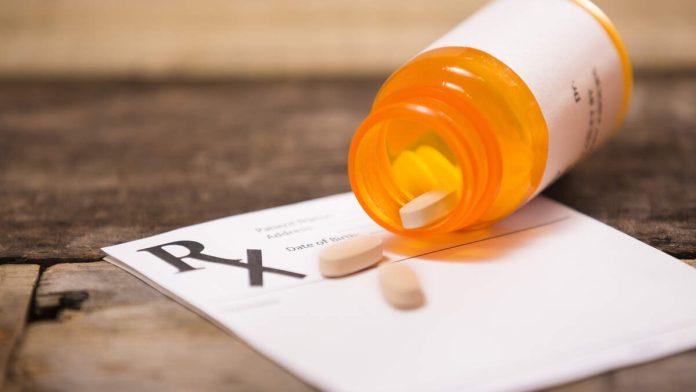The U.S. Food and Drug Administration (FDA) announced on Wednesday (October 29) a plan to streamline the approval process for biosimilars, which are generic versions of complex biological drugs. These changes aim to reduce drug costs and increase market competition by making it easier and less costly to develop these alternatives. Biologic drugs, made from living organisms, are more complex than chemically derived drugs, requiring a unique FDA approval process. Biosimilars, although not exact copies, serve as alternatives to brand-name biologics.
The FDA’s new draft guidance proposes reducing the need for expensive and lengthy comparative human clinical studies, allowing developers to rely more on analytical testing. This move is expected to facilitate the development of interchangeable biosimilars, which pharmacists can substitute without consulting prescribers. FDA Commissioner Dr. Marty Makary stated, “By streamlining the biosimilar development process and helping advance interchangeability, we can achieve massive cost reductions for advanced treatments for cancer, autoimmune diseases, and rare disorders affecting millions of Americans.”
As of 2024, biologic medications accounted for only 5% of U.S. prescriptions but represented 51% of total drug spending. The FDA has approved 76 biosimilars since 2015, a small fraction compared to over 30,000 approved generics. The agency’s actions are part of broader efforts to lower healthcare costs, including initiatives from the Trump administration.
The FDA’s updated guidance is expected to help more companies bring affordable biosimilars to market, offering Americans more treatment options and reducing healthcare costs.

Recent Comments